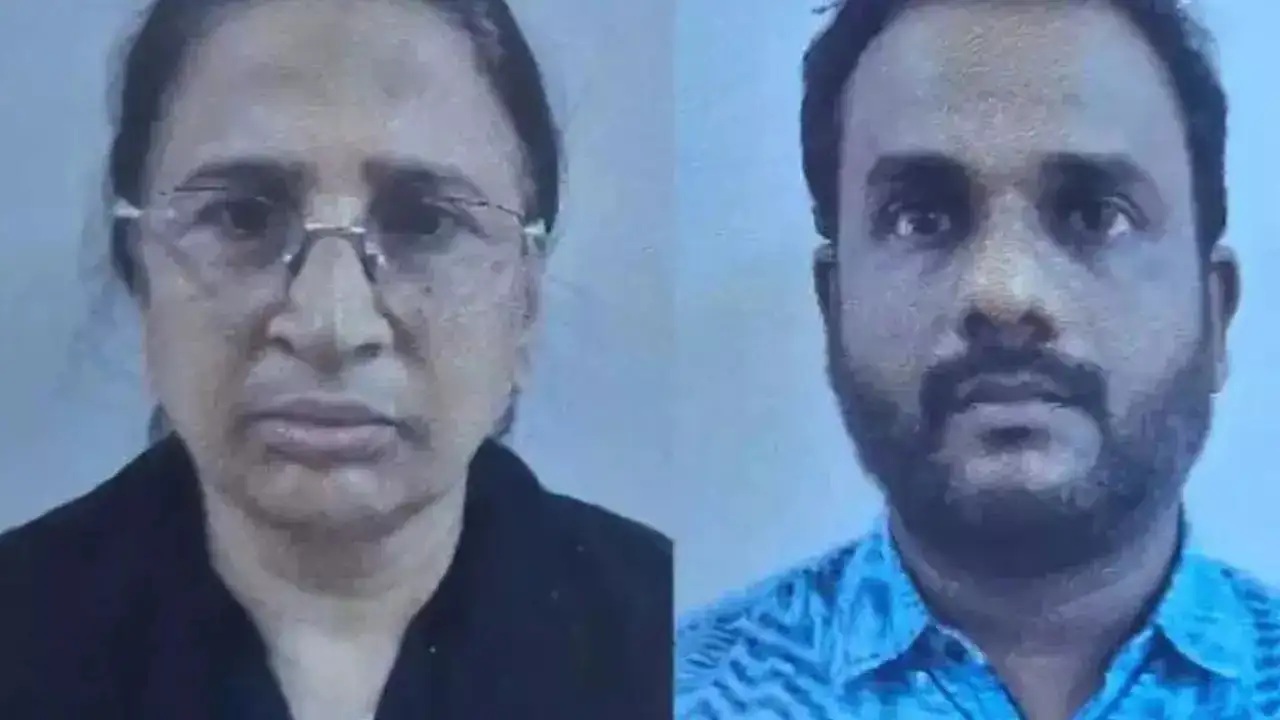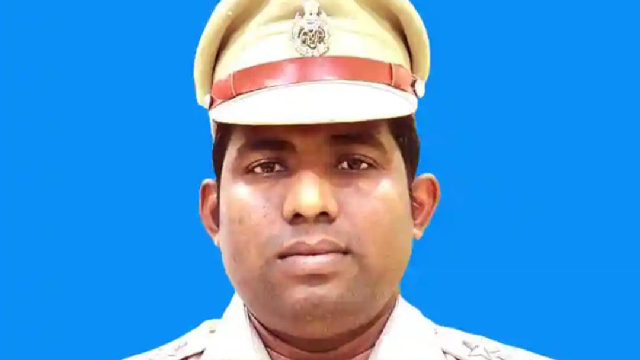Now Reading: Bengaluru Shock: Psychiatrist Turned Phone Supplier to Terror Accused in Jail
-
01
Bengaluru Shock: Psychiatrist Turned Phone Supplier to Terror Accused in Jail
Bengaluru Shock: Psychiatrist Turned Phone Supplier to Terror Accused in Jail

In a startling revelation, a psychiatrist appointed to counsel inmates at Bengaluru’s Parappana Agrahara Central Jail has been accused of supplying mobile phones to terror suspects lodged in the prison. The case has raised serious concerns over internal security, misuse of professional access, and the potential for radical networks operating within jail walls — an issue with growing relevance for law enforcement even in Tier 2 cities.
How the Incident Came to Light
The incident surfaced during a routine jail inspection when authorities discovered that several terror suspects in the high-security block had access to mobile phones. Further investigation led to the psychiatrist, who had been regularly visiting the prison under the pretext of mental health sessions.
Surveillance and phone tracing reportedly linked the devices to external handlers, exposing a larger communication chain between the inmates and suspected operatives outside the jail.
Breach of Trust and Protocol
The psychiatrist, who was expected to help inmates with mental rehabilitation, allegedly exploited the privileged and less-monitored access granted to medical professionals. Sources indicate that he concealed mobile phones in medical kits and supplied them directly to high-risk inmates, including individuals charged under the Unlawful Activities (Prevention) Act (UAPA).
The breach has prompted questions about background verification of external consultants, and whether proper checks are in place at sensitive facilities.
Impact on Prison Security Systems
The Bengaluru Central Jail is among the most secure correctional facilities in the country, housing inmates involved in serious criminal and terror-related cases. Yet this case has revealed how even the most trusted roles can be misused to bypass security protocols.
Prison officials have since begun a review of all external personnel with special access, and additional surveillance measures are being considered, including stricter frisking procedures for non-staff visitors.
Growing Threat Beyond Metro Cities
While the case unfolded in Bengaluru, its implications are significant for Tier 2 cities as well, where jails are increasingly housing individuals linked to organised crime and extremist networks. District-level prison systems may not have the same level of monitoring, making them even more vulnerable to such insider threats.
Law enforcement officials are calling for a pan-India audit of jail access systems and third-party involvement in inmate services.
Conclusion
The involvement of a psychiatrist in aiding terror suspects within a high-security prison has exposed a deeply troubling flaw in the oversight of professional access to inmates. As India continues to strengthen its internal security systems, this case underlines the urgent need for robust checks, digital surveillance, and tighter protocols — not just in metro jails but across the correctional network, especially in fast-growing Tier 2 urban centres.

























